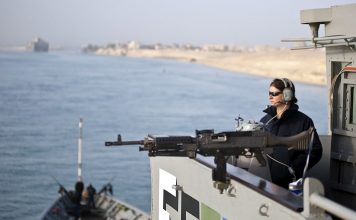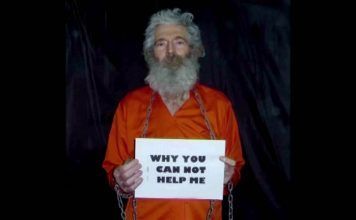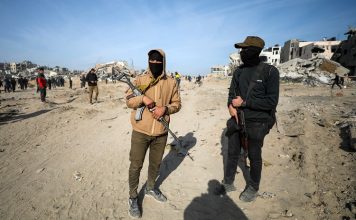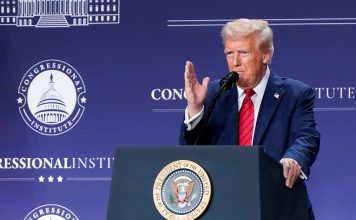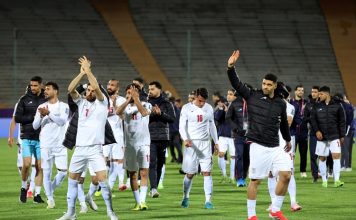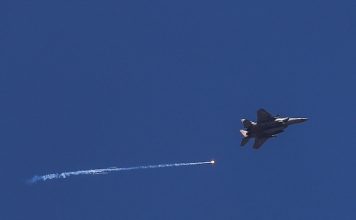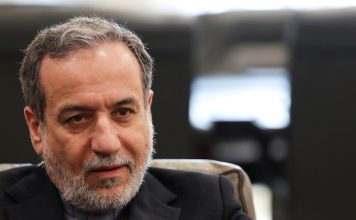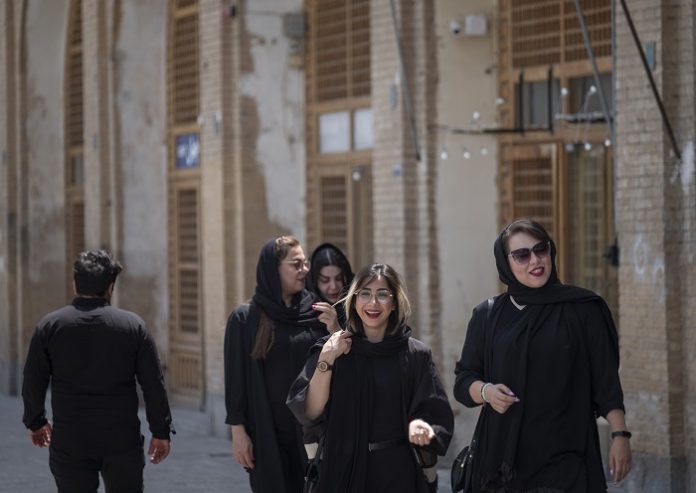
The UK government sanctioned five men in Iran on Dec. 8 for their roles in the implementation of the Islamic Republic’s forced hijab law. It also sanctioned the men for grave human rights violations against gender equality activists who took part in the country’s ‘Woman, Life, Freedom’ protests.
The penalties were included in a raft of sanctions targeting seven states, and were announced ahead of the 75th anniversary on Dec.10 of the Universal Declaration of Human Rights. The sanctions package was also implemented by the US and Canada.
[aesop_image img=”https://kayhanlife.com/wp-content/uploads/2020/07/2009-06-13T000000Z_1896219955_GM1E56D1MFB01_RTRMADP_3_IRAN-ELECTION-CLASH-scaled.jpg” panorama=”off” credit=”FILE PHOTO: People run from the IRGC security forces during a protest in Tehran. REUTERS./ ” align=”center” lightbox=”on” captionsrc=”custom” captionposition=”left” revealfx=”off” overlay_revealfx=”off”]
In other news, a Dec. 11 report by the Virginia-based non-governmental organisation Human Rights Activists (HRA) said the brutal treatment of women and gender equality campaigners during the protests may amount to “the crime against humanity of gender and political persecution.”
The five sanctioned men — Hassan Shahrestani, Ali Salehi, Alireza Adyani, Ali Akbar Javidan and Masoud Dorosti — work in Iran’s judiciary, security forces and public transport system. The men have been sanctioned “for their involvement in imposing and enforcing the mandatory hijab law.”
Shahrestani is a Law Enforcement Forces (LEF) Commander in Iran’s Mazandaran province and the former head of Iran’s morality police. He reportedly instructed his subordinates to “break the neck of anyone” violating the regime’s forced hijab law, and warned that businesses whose employees removed their headscarves in the workplace would face closure, according to a Sep. 15 statement by the US Treasury.
A public prosecutor in Tehran, Salehi is allegedly responsible for handing down death sentences for ‘Woman, Life, Freedom’ protesters.
Adyani is the head of the ideological-political office of the LEF. He stated that the LEF must be “practical” and “effective” when dealing with adversaries, and “cheered the morality police for doing its job intensely,” according to an October 2022 document by the Council of the European Union sanctioning Adyani. “The LEF has used massive brutality against protesters, including those protesting after Mahsa Amini’s death. He is therefore responsible for serious human rights violations in Iran,” the document said.
As an LEF commander in Iran’s Kermanshah province, Javidan has “direct oversight over forces that have killed protesters, including children,” according to the US Treasury. He also publicly vowed to punish forced hijab violations, during a July 2022 roundup of 1,700 people.
Dorosti, the Chief Executive of the Tehran and Suburbs Metro Operations Company, denied the involvement of Iran’s morality police during an incident in which a 16-year-old girl collapsed in the metro. Armita Geravand allegedly suffered severe injuries on Oct. 1 caused by the police at Shohada Station in Tehran after failing to wear a headscarf, according to human rights organization Hengaw. Geravand died on Oct. 28 after sustaining significant brain damage, according to a report by state news agency IRNA.
Amnesty International Reports on Iran’s Crackdown to Enforce Hijab, Including Vehicle Confiscation
Dorosti also defended the Iranian government’s decision on April 30 to put up barriers in the metro to further segregate men and women.
Iran’s government has passed increasingly draconian laws and punishments for women who fail to follow the country’s strict gender based dress code. Punishments, which can be applied to girls as young as nine, include verbal and written warnings, prison terms, and up to 74 lashes.
Women deemed to be in violation of the forced hijab law and who resist arrest, can be charged with “corruption on Earth,” tried in Iran’s Revolutionary Courts and sentenced to death.
The tightened rules are seen as a response to nationwide unrest in the form of anti-regime protests which began in September 2022.
The protests were ignited by early demonstrations calling for gender equality, following the death of 22-year-old Mahsa Jina Amini. Amini was detained by the country’s morality police for breaching the country’s female dress code, and died of injuries sustained while in custody.
An estimated 400 people — including at least 63 children — have been killed by government security forces according to reports by organizations monitoring the protests.
HRA’s report concluded that there were “reasonable grounds to believe that the crime against humanity of persecution on political and gender grounds has taken place in Iran since at least September 2022.”
The document included a legal analysis of information about the protests collected by its partner organizations and from publicly available and verifiable sources including UN agencies and state bodies.
The report, which is not publicly available but which has been teased out through an executive summary, was produced with UpRights, a Hague-based legal platform. Several of its members have worked with UN Commissions and criminal tribunals. HRA announced that the full report would be shared with the United Nations Fact-Finding Mission on the Islamic Republic of Iran (FFMI), in a press release.
Recommendations in the report included the integration of HRA’s findings into the FFMI’s March 2024 report on Iran, to carry out further research on the participation and targeting of boys and men in the protests, and to investigate violations against LGBTQI+ individuals in the context of the ‘Woman, Life, Freedom’ protests.

